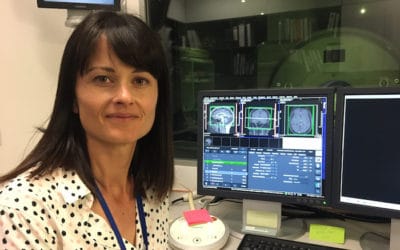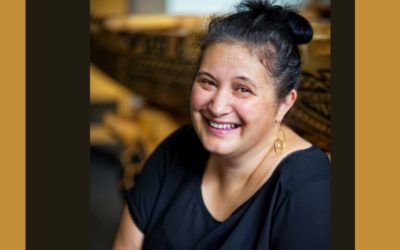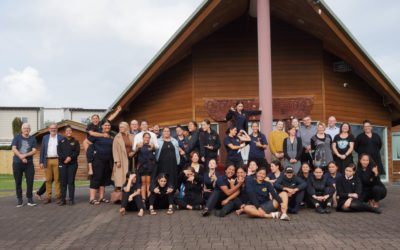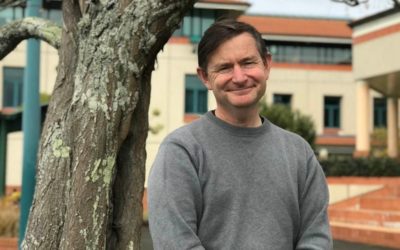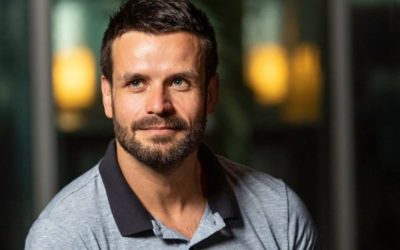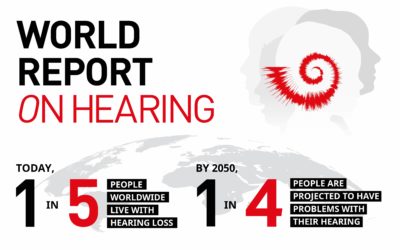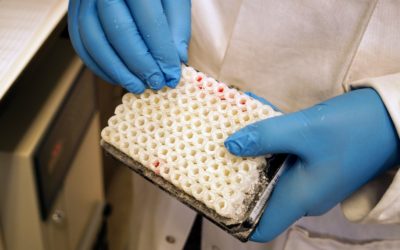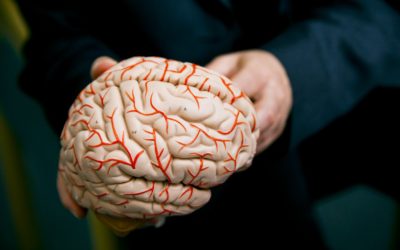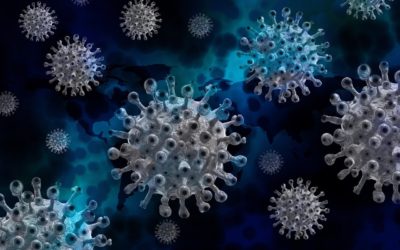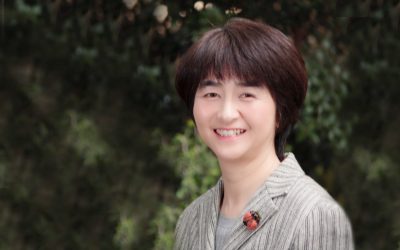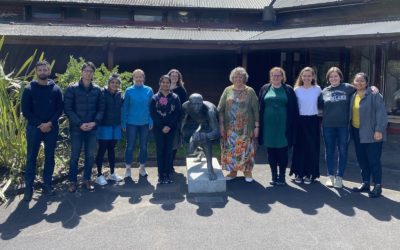Picture a physicist. Do you imagine someone madly scribbling equations about nuclear energy or black holes? What about someone doing research on dementia? Or figuring out better ways to do high-tech medical imaging? These are the sorts of things a Magnetic Resonance...
Our Research
Dr Justine Camp: Re-creating traditional knowledge for new contexts
When we last checked in with Dr Justine Camp (Kāi Tahu, Kāti Mamoe, Waitaha), she was in the middle of her PhD, conducting trials, collecting data and refining her whānau health compass. Now her project – which was supervised by Assoc Prof Anne-Marie Jackson...
2021 Wānanga at te Kura Kaupapa Māori o Hoani Waititi Marae
On 11 October 2016, our Auckland-based Brain Research New Zealand (BRNZ) members visited te Kura Kaupapa Māori o Hoani Waititi for the very first time. Dr Hinemoa Elder, Māori Strategy Leader at BRNZ, identified the school and marae as a partner for our Centre of...
Tinnitus or just the patter of rain? Research into taming noise disorder
A novel experiment investigated whether tinnitus could be tamed by creating associations with noises such as rain, birds or cicadas. The results are promising, according to Assoc Prof Grant Searchfield, an associate professor in the Faculty of Medical and Health...
Just ten minutes a day could change your life
Dr David Moreau says you don’t need much time in your day to exercise your body and your brain. Dr David Moreau doesn’t buy the excuse that we don’t have time for exercise. His Early Career Research Excellence Award from the Royal Society Te Apārangi was for his...
Dementia App For Māori Launches
An app to help Māori affected by mate wareware (dementia) and to raise awareness of the disease has been launched. The app, Mate Wareware, was developed by researchers from the University of Auckland and AUT University following the largest-ever study of Māori...
World Report on Hearing launched by the WHO
Nearly 2.5 billion people worldwide ─ or 1 in 4 people ─ will be living with some degree of hearing loss by 2050, warns the World Health Organization’s (WHO) first World Report on Hearing, released on 3 March. At least 700 million of these people will require access...
Dementia Prevention Research Clinics send blood samples to Sweden for biomarker analysis
Our Dementia Prevention Research Clinics (DPRC) just celebrated an exciting success. After months of extensive preparations in Auckland and with the help of DPRC Tissue Banks in Christchurch and Dunedin, Dr Erin Cawston and her DPRC Tissue Bank team couriered off some...
Brain Research New Zealand awards Strategic Grants
Brain Research New Zealand is very pleased to report that it has made a further set of grant awards, for short-term projects running in the first half of 2021. While these grants are necessarily short-term due to the Centre of Research Excellence winding up after June...
Brain Research New Zealand funds COVID-19 research projects
Brain Research New Zealand (BRNZ) is very interested in addressing a number of brain health-related issues arising from the terrible pandemic that has spread across the globe. Even though New Zealand has been relatively spared, nonetheless ~2000 people have been...
Assoc Prof Yiwen Zheng: Solving the tinnitus puzzle
When Assoc Prof Yiwen Zheng first dipped her toes in tinnitus research more than 16 years ago, she was drawn to it quickly because of two simple facts. First, tinnitus is a widespread condition. It affects 6% of New Zealanders and 13.5% of people over 65 years – and...
Brain Research New Zealand continues Takarangi Cultural Competency journey
In 2018, Brain Research New Zealand (BRNZ) started on an exciting and slightly daunting journey adopting a formal programme to improve our cultural competency. It is well known that Māori suffer from worse health outcomes compared to other New Zealanders, due in part...
